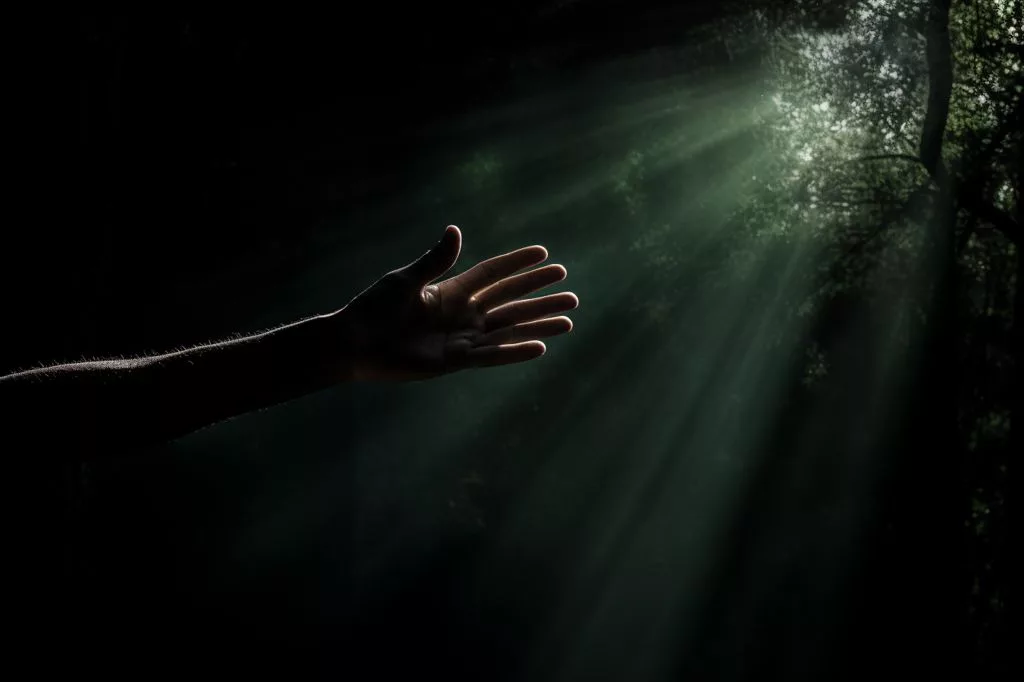On World Mental Health Day, it’s important to break the silence surrounding mental health and make treatment more accessible. Mental health conditions affect more people than we realize, and seeking help is an act of courage, not weakness. We need to foster open conversations and demand government accountability for mental health facilities. It’s also crucial to rethink our approach to substance abuse disorders and treat them as manifestations of mental illness rather than criminal behavior. By embracing honesty and seeking assistance when necessary, we can save lives.
Breaking the Silence: Addressing Mental Health Stigma
In light of World Mental Health Day, it is crucial to confront the enduring stigma surrounding mental health and the pressing need for accessible treatment. We must emphasize that seeking help for mental health issues or substance abuse disorders is an act of courage, not a demonstration of weakness.
All too frequently, we feel obliged to uphold a façade, projecting a content and prosperous image to others, even when our internal battles tell a different story. The standard response of “I’m fine” when asked about our well-being has become second nature, despite experiencing anxiety, stress, or depression. Expressing our genuine emotions may be viewed as a vulnerability or an invitation for judgment; as a result, we suppress our feelings and endure our pain in isolation.
The reality is that mental health conditions are more widespread than most people believe. Data from the National Institute of Health reveals that nearly one in six South Africans grapple with anxiety, mood, or substance disorders. About a third of the nation’s population has faced a mood disorder, and there are approximately 14,000 suicides in South Africa each year. Around 280,000 people attempt suicide on an annual basis.
Fostering Open Conversations and Accessible Treatment
To counter these concerning figures, we must let go of our pretenses and engage in open discussions about mental health, both on a personal and societal level. Mental health conditions should be treated with the same respect and empathy as physical illnesses, such as diabetes. Both necessitate suitable combinations of medication, therapy, exercise, diet, and routine for effective management. Those who believe they need help should waste no time in seeking support.
In addition to promoting open conversations, we must also demand government accountability in providing accessible mental health facilities. For instance, in the Western Cape, there are fewer than 2,000 beds spread across its four psychiatric hospitals, catering to an estimated population of 7 million. This glaring disparity underscores the urgent need for improvements in mental health care accessibility, particularly for economically disadvantaged individuals.
Rethinking Substance Abuse and Criminality
It is also important to reevaluate our approach to substance abuse disorders. In numerous cases, substance abuse is a manifestation of mental illness rather than its origin. Regrettably, law enforcement often treats those battling addiction as criminals, rather than individuals requiring treatment. This method not only overlooks the underlying mental health concerns but also reinforces the stigma associated with these conditions.
As we commemorate World Mental Health Day, let us pledge to recognize and confront the unspoken issues at hand. Let us listen without prejudice, demonstrate empathy, and share our own challenges and the experiences of those around us. As Dr. Phil often states, “You can’t change what you won’t acknowledge.” By embracing honesty and seeking assistance when necessary, we can cultivate understanding, guarantee proper care, and ultimately save lives.
If you or someone you care about is struggling with mental health or substance abuse issues, various helplines offer support and guidance. A few of these include the Suicide Crisis Line (0800 567 567), SADAG Mental Health Line (011 234 4837), and Adcock Ingram Depression and Anxiety Helpline (0800 70 80 90). Remember that reaching out for help is a testament to your strength, not a sign of weakness.
1. What is World Mental Health Day?
World Mental Health Day is a day dedicated to raising awareness and promoting education about mental health issues worldwide.
2. Why is it important to break the silence surrounding mental health?
Breaking the silence surrounding mental health helps to reduce the stigma surrounding mental health conditions, making it easier for people to seek help.
3. How prevalent are mental health conditions in South Africa?
Nearly one in six South Africans grapple with anxiety, mood, or substance disorders, and about a third of the nation’s population has faced a mood disorder.
4. Is seeking help for mental health issues a weakness?
No, seeking help for mental health issues is an act of courage, not a demonstration of weakness.
5. What can we do to combat mental health stigma?
We can combat mental health stigma by fostering open conversations about mental health, both on a personal and societal level, and by demanding government accountability in providing accessible mental health facilities.
6. How can we improve mental health care accessibility?
We can improve mental health care accessibility by increasing the number of mental health facilities, particularly in economically disadvantaged areas.
7. How should we approach substance abuse disorders?
Substance abuse should be treated as a manifestation of mental illness rather than criminal behavior, and those battling addiction should be offered treatment rather than being punished.
8. What resources are available for those struggling with mental health or substance abuse issues?
Various helplines offer support and guidance, such as the Suicide Crisis Line (0800 567 567), SADAG Mental Health Line (011 234 4837), and Adcock Ingram Depression and Anxiety Helpline (0800 70 80 90).








